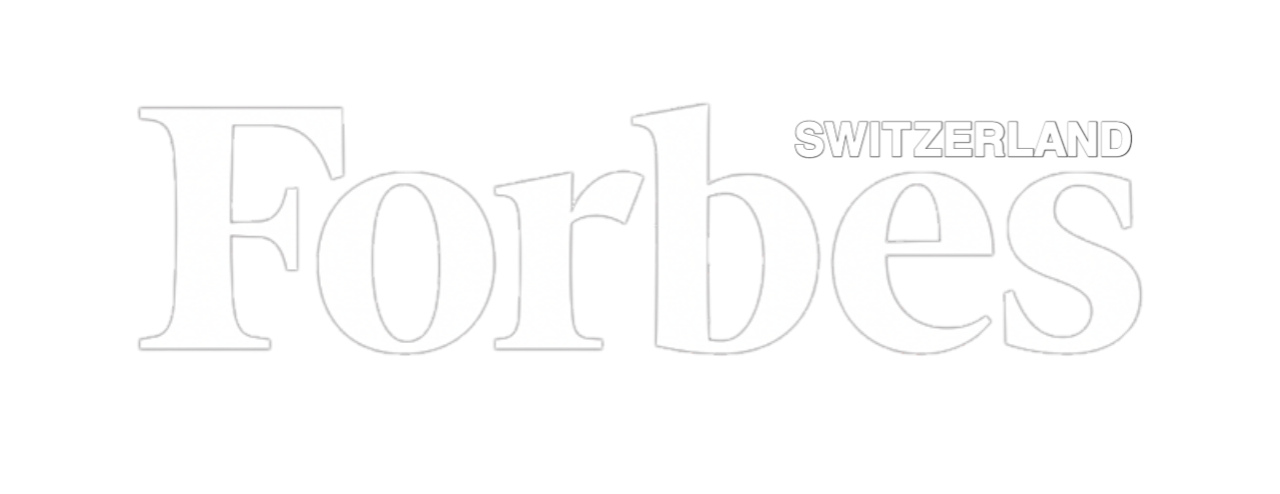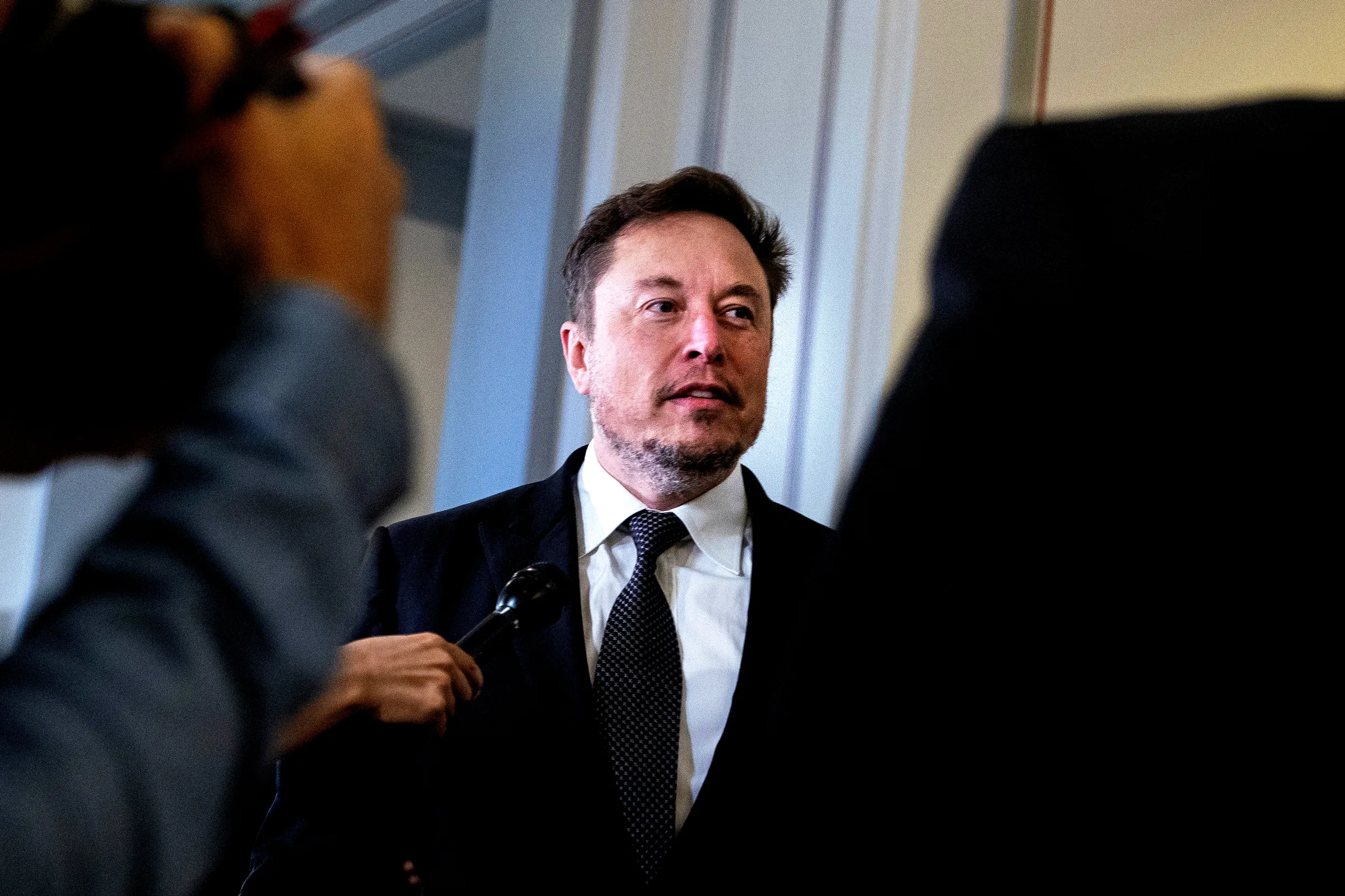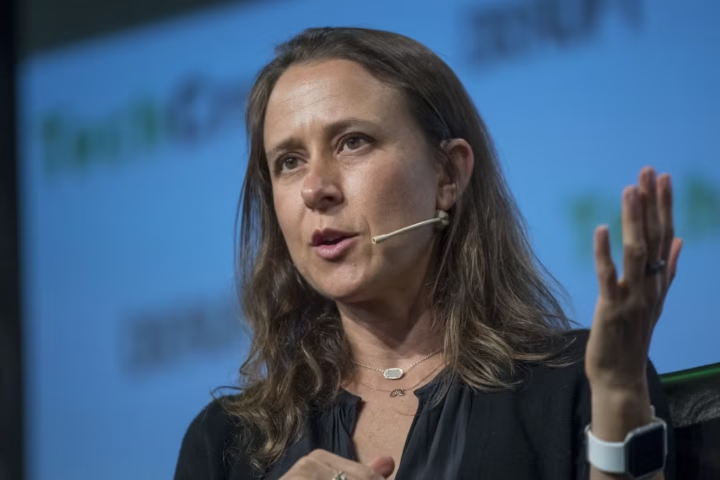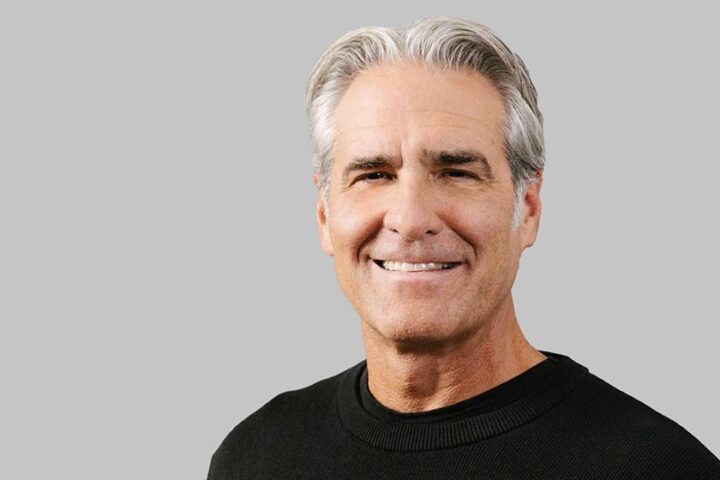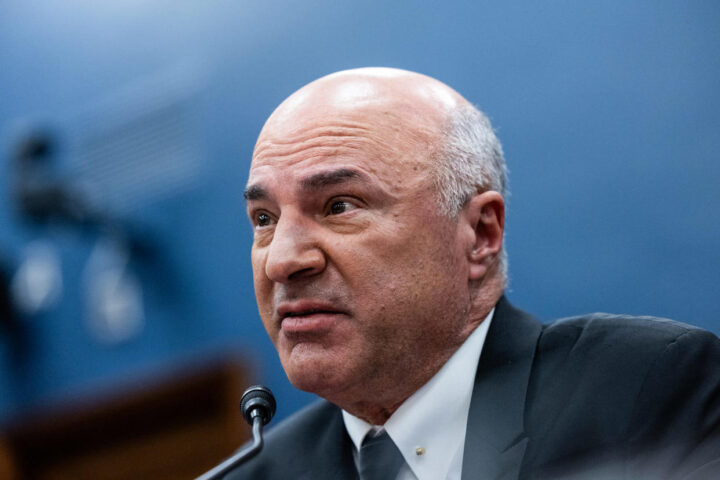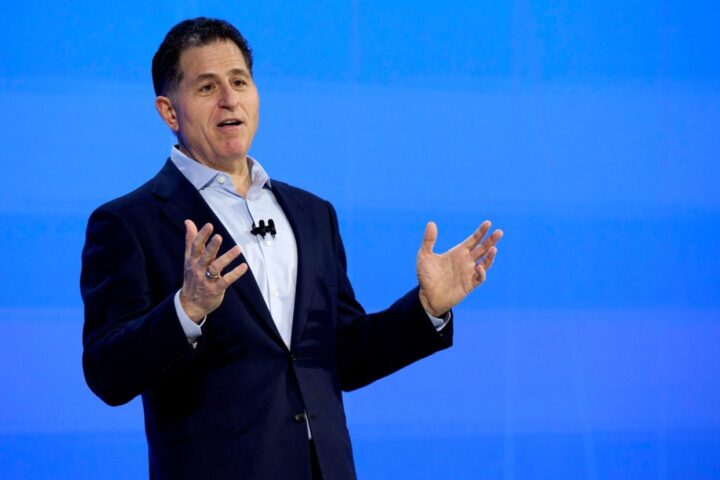The European Union has issued a stern warning to Elon Musk, CEO of Tesla and SpaceX, over the spread of disinformation on social media platforms following a recent attack by Hamas. The warning comes amidst growing concerns about the influence of false narratives and misinformation in shaping public opinion and fueling tensions in sensitive geopolitical situations.
The controversy began after the recent attack carried out by Hamas, a Palestinian militant group, which led to widespread discussions and debates across various media platforms. During these discussions, misinformation and misleading content related to the incident started circulating on social media, including Twitter and Facebook. Concerns were raised about the potential impact of such misinformation on public understanding and the peace process in the region.
In response to these concerns, the European Union issued a statement condemning the spread of disinformation and calling on tech companies and influential figures, including Elon Musk, to take responsibility for the content shared on their platforms.
The EU Commissioner for Digital Economy and Society, Maria Gabriel, emphasized the importance of countering disinformation in sensitive situations: “Misinformation can have serious consequences, especially in conflict zones. It is essential for all stakeholders, including technology companies and public figures, to ensure that accurate and reliable information prevails, promoting understanding and peace rather than discord and confusion.”
Elon Musk, known for his active presence on social media, particularly Twitter, has been urged to exercise caution and verify the information before sharing it with his millions of followers. The EU’s warning underscores the need for prominent individuals and organizations to be vigilant about the content they disseminate, especially in situations where tensions are high and accurate information is crucial for promoting understanding and de-escalation.
While Musk has not issued a direct response to the EU’s warning, this incident raises broader questions about the responsibility of influential personalities in the digital age. Social media platforms continue to grapple with the challenge of curbing the spread of misinformation while upholding the principles of free speech.
In the wake of this warning, it is anticipated that tech companies and public figures alike will face increased scrutiny regarding the content they share, emphasizing the need for a collective effort to ensure that accurate information prevails, fostering informed discussions and contributing to peaceful resolutions in sensitive geopolitical situations.

